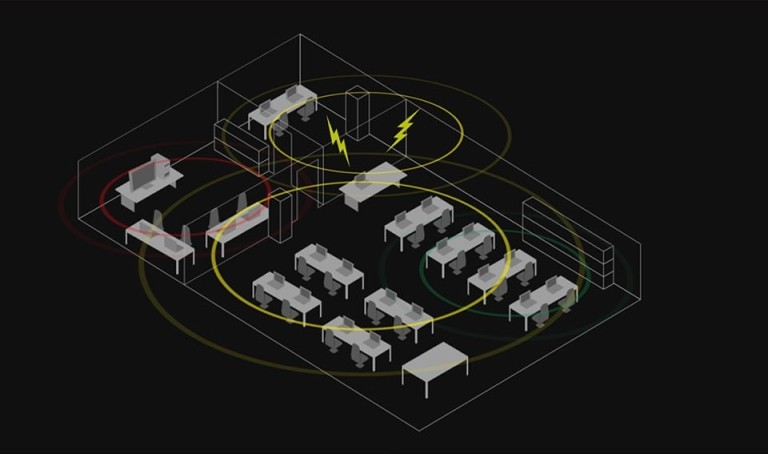
5 Reasons Why Healthcare Providers Should Use Wireless Technology
Technology has transformed the way healthcare providers practice and care for patients. For instance, electronic medical record-keeping no longer requires physically connecting a computer to a hospital or healthcare system’s internal network.
Let’s discuss the advantages of using wireless technology in the healthcare environment.
1. Real-time documentation is more accurate
An assessment that is performed and documented by the clinician at the bedside is more likely to be accurate. The provider does not have to rely on memory or take copious handwritten notes for charting later on. If a patient must travel away from the unit for a test or procedure and is accompanied by the nurse, that nurse has the complete medical record on hand. The nurse can also document anything that occurs on the spot, rather than having to wait until the patient returns to the unit.
Data collected at the bedside, such as continuous vital signs monitoring, is electronically transmitted to medical records. This can save huge amounts of time and prevents errors in documentation.
Certain legal documents, such as HIPAA notifications, financial responsibility, and consent forms, must be signed by the patient or legal representative. When signed electronically, additional paper forms do not need to be put in the medical record. This prevents the chance of misplacement.
2. Wireless technology saves money
Wireless technology enables charting at the bedside, which saves significant time and is also more cost-efficient. Caregivers spend less time repeatedly logging in and out of the healthcare system’s network, searching for patient’s records. While it may not seem like it, this is a time-consuming process.
In facilities that favor the use of individual portable handheld devices like tablets, fewer desktop computers are needed overall. The cost of purchasing and maintaining portable devices is also generally less than desktop computers.
When appropriate, providers can collect payment for co-pays and other services at the bedside. This assures that the organization receives reimbursement in a timely manner.
3. Providers outside of the hospital setting can access real-time patient records
Another example of wireless technology in healthcare is home monitoring devices, like portable heart rhythm monitors and blood sugar meters. Patients can upload data to their physician’s office for review, saving time and potentially reducing the need for in-office visits.
Clinicians who work in the community and patient home settings are equipped with continuous up-to-date access to their patient records. New orders or pertinent information can be viewed or transmitted instantly, instead of the provider having to wait for an internet connection.
4. Providers can share information securely with patients and caregivers
Another benefit of wireless use in home care and community settings is that providers can find and send educational materials to patients and caregivers electronically, without having to print them out ahead of time. If the latest cybersecurity best practices are followed, then this sharing can guarantee patient confidentiality and privacy.
Many patients now have access to their own medical records via online patient portals. Patients can sign in to their accounts from their personal computers, phones, or tablets to view their own lab and test results and schedule appointments. They can also ask their providers a routine and non-urgent question, reducing the volume of patient phone calls to the physician’s office.
5. Wireless technology improves patient satisfaction
Patients and caregivers want clinicians who can address their needs in a timely and convenient manner. Wireless technology makes this feasible for both providers and patients. It’s cost-effective, efficient, and safer than older forms of technology.
Improve healthcare with a wireless technology partner
To support access to real-time medical data, reduce costs, and enable superior patient care, your organization needs a world-class wireless technology partner.
Allied Telesis enable wireless healthcare solutions for always-on access to patient information from anywhere around the hospital or healthcare facility. Autonomous Wave Control (AWC) provides centralized management of the entire Wi-Fi network, with industry-leading technology that enables a self-tuning wireless network that automatically maximizes performance and minimizes interference, for the best possible user experience.
Our worlds-first hybrid wireless access points enable both maximum performance and seamless roaming, to assure medical staff of immediate access to test results, accurate patient records, and connection to other critical online systems as they move around the premises using the latest medical technology tools such as tablets.
Allied Telesis design innovative wireless solutions to exceed expectations, support all of your patient care applications, and enable seamless sharing of information.
To make optimal use of wireless technology see our No Compromise Wi-Fi, and other powerful healthcare solutions.
Related



